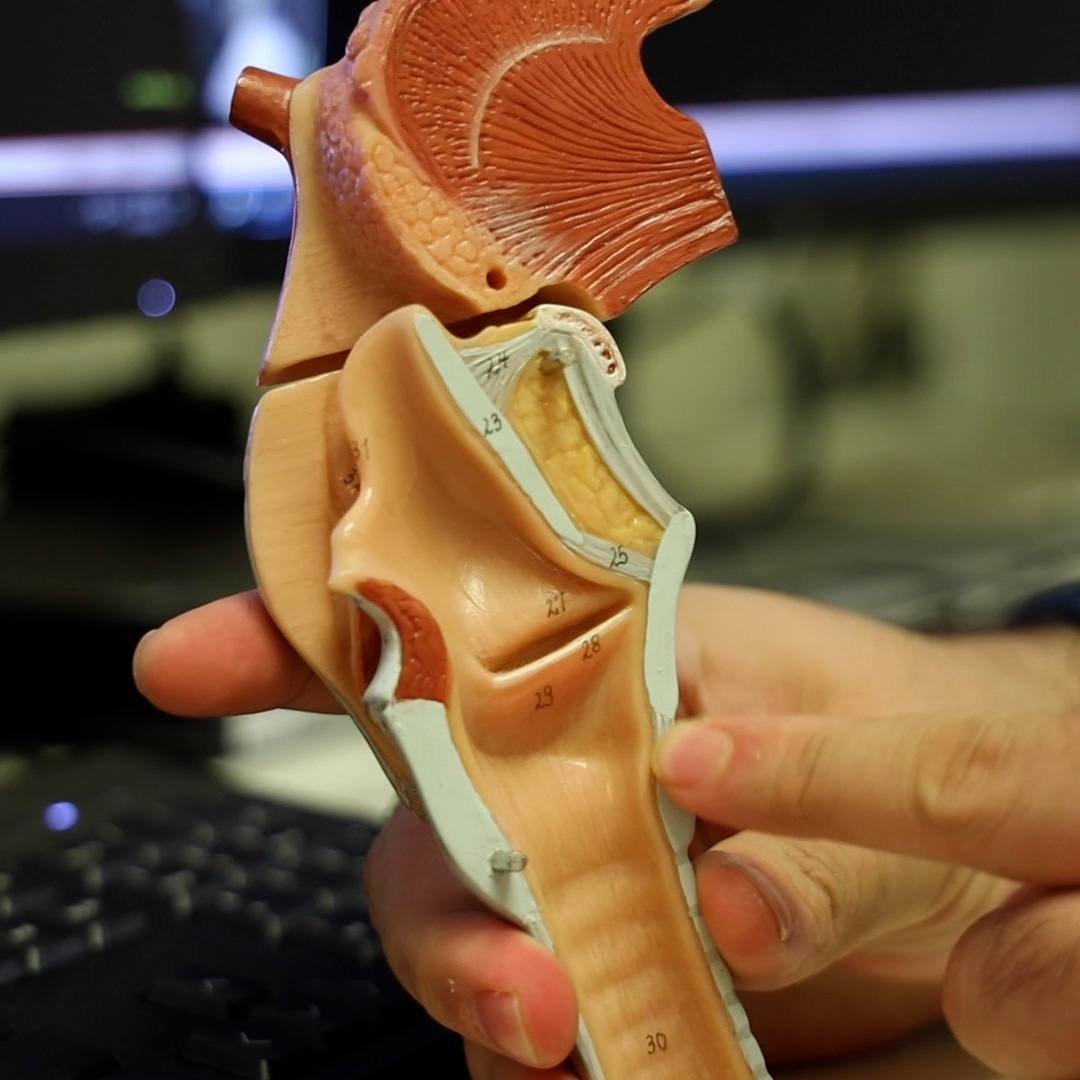-
Health & Wellness
Mayo Clinic Radio: Female urinary incontinence / value of a second opinion / thyroid medication in older adults
Urinary incontinence is the loss of bladder control, resulting in the accidental loss of urine. Due to pregnancy, childbirth, menopause and the structure of the female urinary tract, women are twice as likely as men to suffer from urinary incontinence. While urinary incontinence might be only slightly bothersome for some, it can be totally debilitating for others. For some women, the chance of embarrassment keeps them from enjoying many physical activities, including exercising. But, the good news is that effective treatments are available for treating urinary incontinence if women are willing to discuss it with their health care provider.
On the next Mayo Clinic Radio program, Dr. Deborah Lightner, a Mayo Clinic urologist, will discuss options for preventing and treating urinary incontinence. Also on the program, Dr. James Naessens, a researcher at the Kern Center for the Science of Health Care Delivery, will share findings on the importance of getting a second opinion. And Dr. Juan Brito Campana, a Mayo Clinic endocrinologist, will explain why thyroid medications may be overprescribed in older adults.
To hear the program, find an affiliate in your area.
Miss the show? Here's the Mayo Clinic Radio podcast.
Follow #MayoClinicRadio, and tweet your questions.
Mayo Clinic Radio is on iHeartRadio.
Mayo Clinic Radio produces a weekly one-hour radio program highlighting health and medical information from Mayo Clinic.
Access archived shows.
Related Articles







